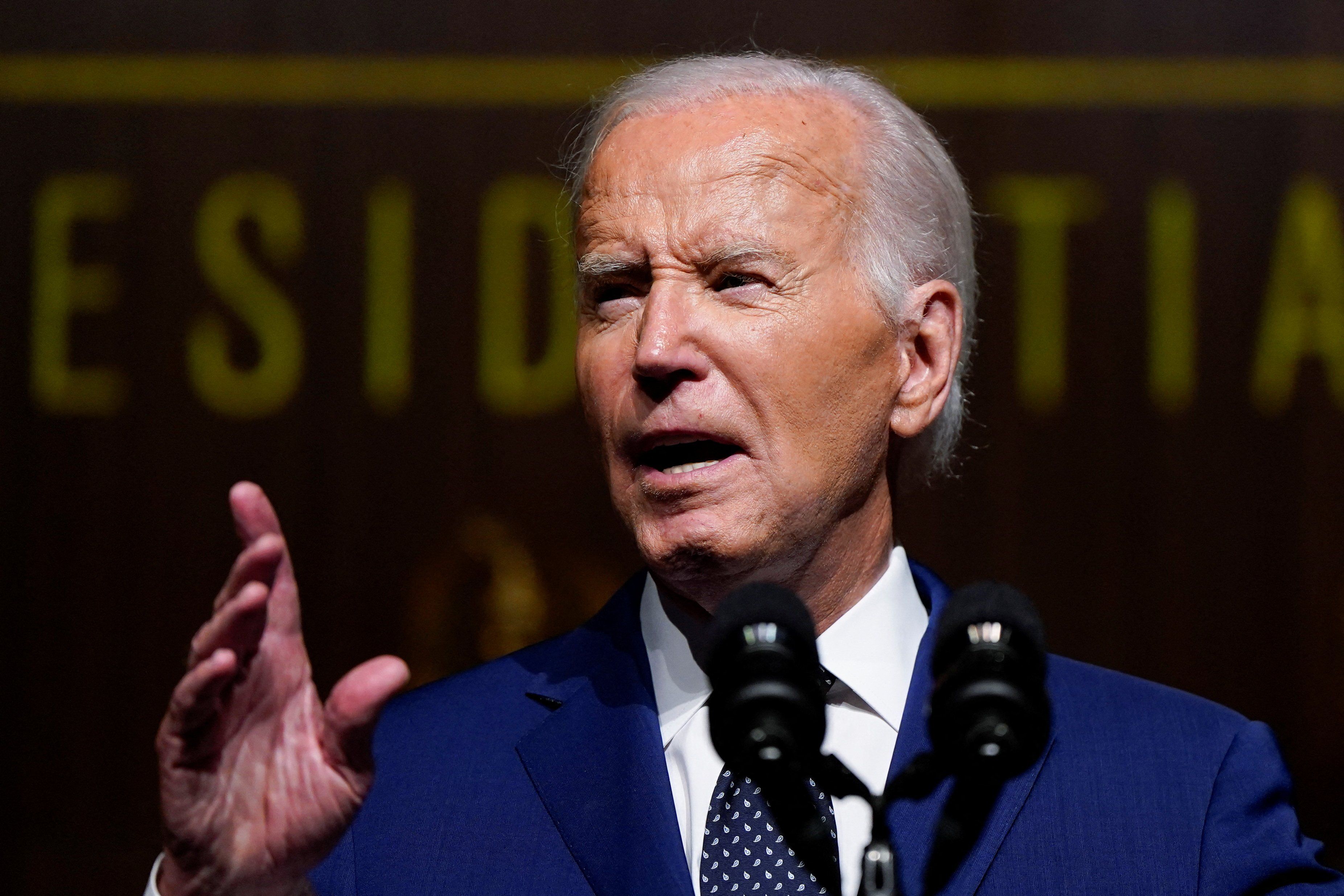On Monday, President Joe Biden proposed reforms to the US Supreme Court for the first time since Franklin Delano Roosevelt tried and failed to expand the number of justices in 1937. In his address from the LBJ Presidential Library in Austin, TX, Biden proposed term limits, a constitutional amendment to counteract the recent presidential immunity decision, and a binding code of conduct.
“I have great respect for our institutions and the separations of powers,” Biden said. “But extremism is undermining public confidence in the court’s decisions.”
The nitty-gritty: Biden proposed 18-year term limits, enabling a president to appoint a new justice every two years. He also wants an enforcement mechanism added to the voluntary ethics code the court adopted in November, echoing Justice Elena Kagan’s support for an enforcement mechanism. Biden also called for a constitutional amendment to make clear that former presidents are not immune to federal criminal indictments.
“I thank President Biden for highlighting the Supreme Court’s ethical crisis,” said Dick Durbin, the Senate's second-ranking Democrat and chair of the Senate Judiciary Committee. But any legislation would need the support of a majority in the Republican-led house where Speaker Mike Johnson has called the proposal a “dangerous gambit” that would be “dead on arrival,” and accused the Democrats of delegitimizing the courts “simply because they disagree with some of its recent decisions.”
Biden has expressed disagreement with many of SCOTUS’s recent decisions, but this address marked a shift toward the progressive flank in his party, which has called for reforms even amid fears it would politicize the court. The proposals also come as Biden’s time in office draws to a close, and he made the announcement without reaching out to the Senate judiciary committee, signaling that is likely pre-election messaging, not a legislative priority.
However, presumptive Democratic nominee Kamala Harris notably said she supports the reforms, which, if the Democrats manage to win the House in November, could potentially lead to some portion of them being implemented.
